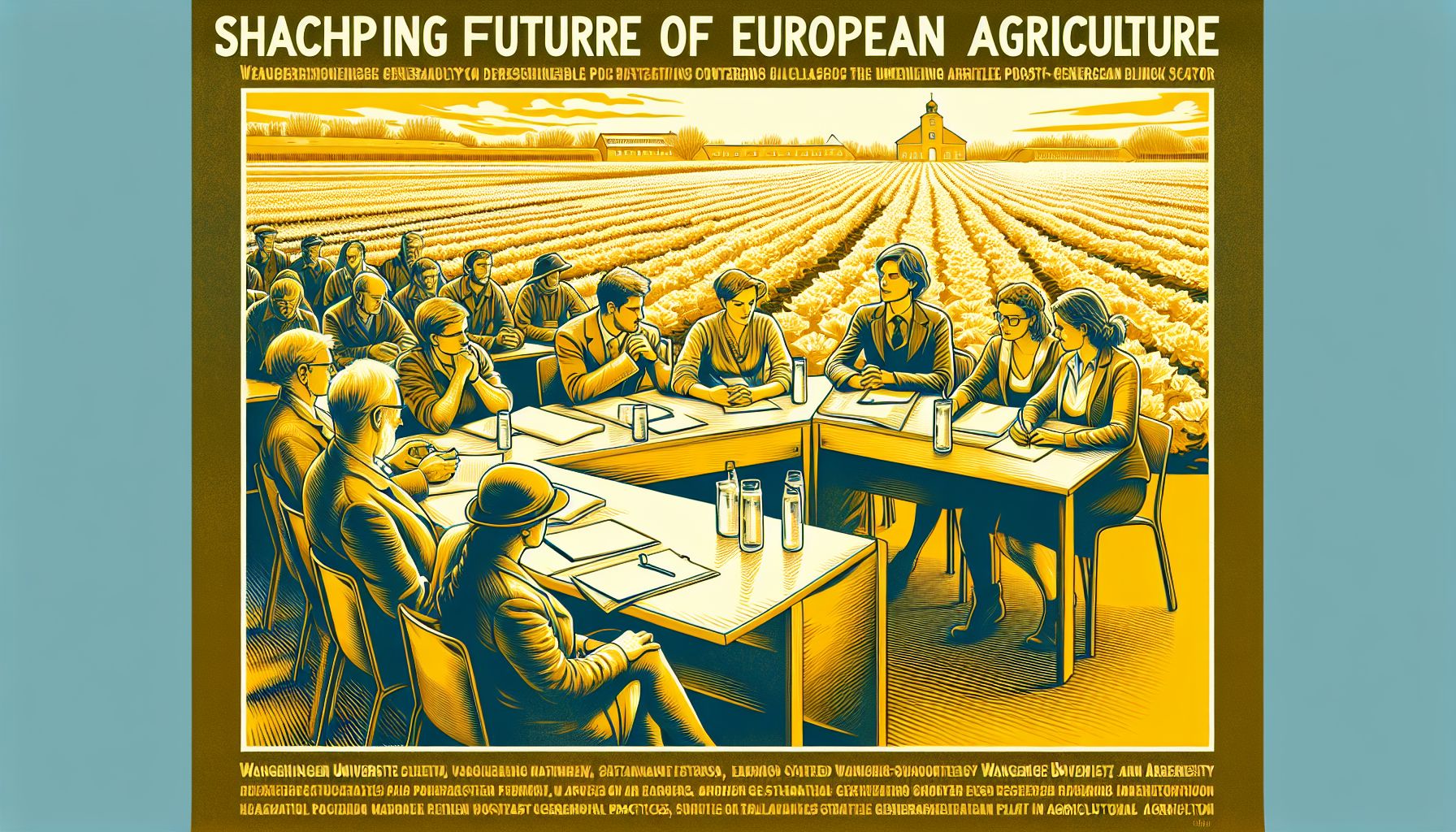Wageningen University Student Influences EU Agricultural Policies

Brussels, Thursday, 20 March 2025.
A student from Wageningen University is actively shaping the future of European agriculture by participating in policy discussions, emphasizing sustainable practices and addressing the impending generational shift in farming.
Leading Youth Agricultural Policy
Peter Meedendorp, a Wageningen University master’s student in Economics of Sustainability, has emerged as a key figure in European agricultural policy-making. As president of the European Council of Young Farmers (CEJA), Meedendorp was among 29 selected stakeholders invited to participate in a strategic dialogue on the future of EU agriculture, initiated by European Commission President Ursula von der Leyen [1].
Addressing Critical Demographic Shifts
The timing of this involvement is crucial, as the European agricultural sector faces a significant demographic challenge. Within the next 15 years, approximately half of all European farmers will retire [1]. This transition presents both challenges and opportunities for the sector, particularly regarding land accessibility. A concerning trend shows that available agricultural land is increasingly being acquired by institutional investors rather than young farmers, as aging farmers often hold onto their land well into their 70s and 80s as retirement security [1].
Policy Impact and Future Vision
Meedendorp’s influence has already yielded tangible results. The European Commission’s vision for agriculture and food for 2040, presented in late February 2025, explicitly emphasizes the role of young farmers [1]. This aligns with broader EU initiatives addressing generational renewal in agriculture, including the upcoming scientific conference on March 26, 2025, in Brussels, which will examine workforce transitions and sustainable farming policies [2].
Practical Experience Meets Policy
Beyond his policy work, Meedendorp brings practical agricultural experience to the table, managing a family farm in Onstwedde, Groningen [1]. This combination of hands-on farming experience and policy engagement exemplifies the type of multifaceted leadership needed to address the complex challenges facing European agriculture. Recent developments in EU agricultural policy, including discussions on New Genomic Techniques (NGTs) and fertilizer tariffs, demonstrate the breadth of issues requiring informed young farmer perspectives [3].

